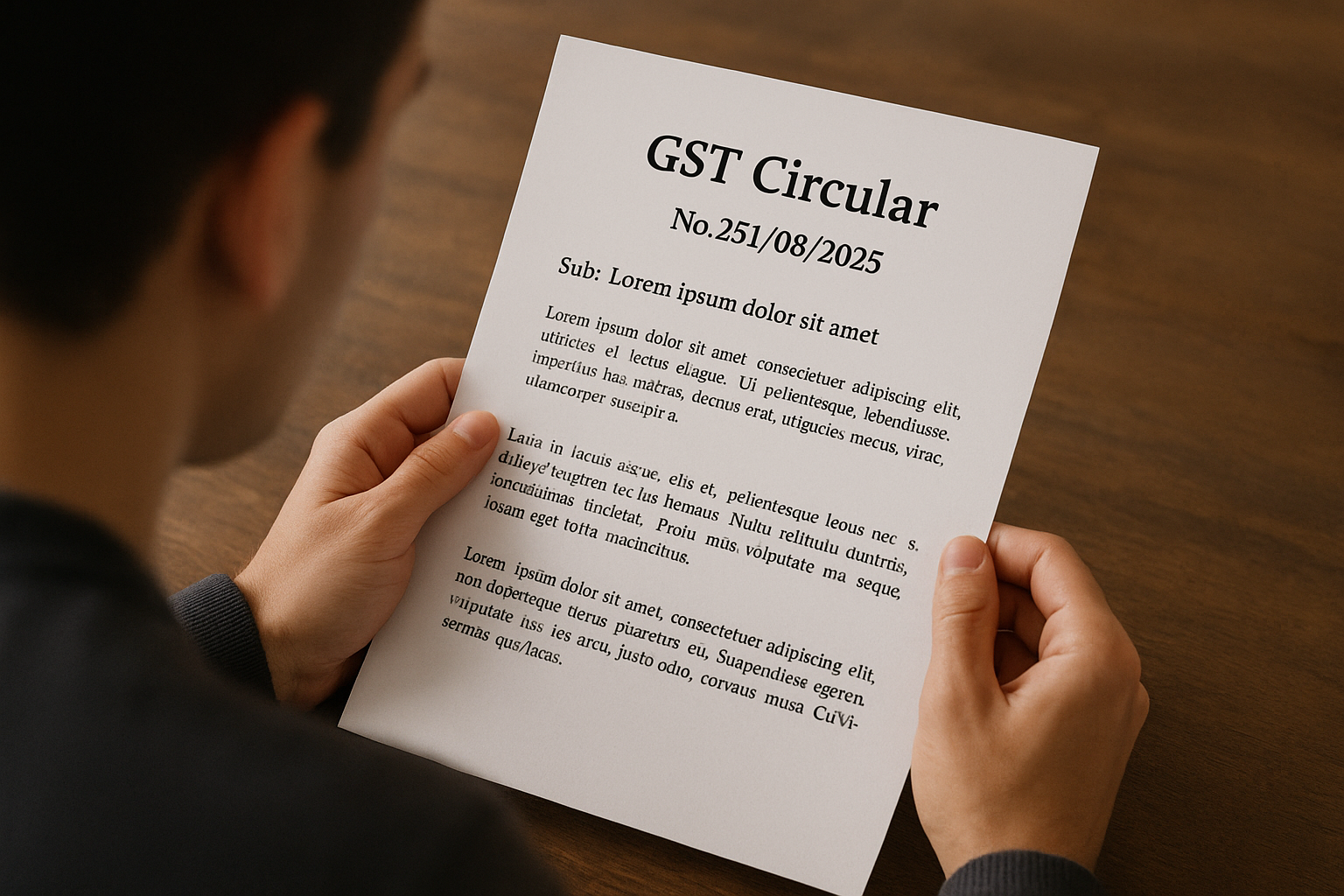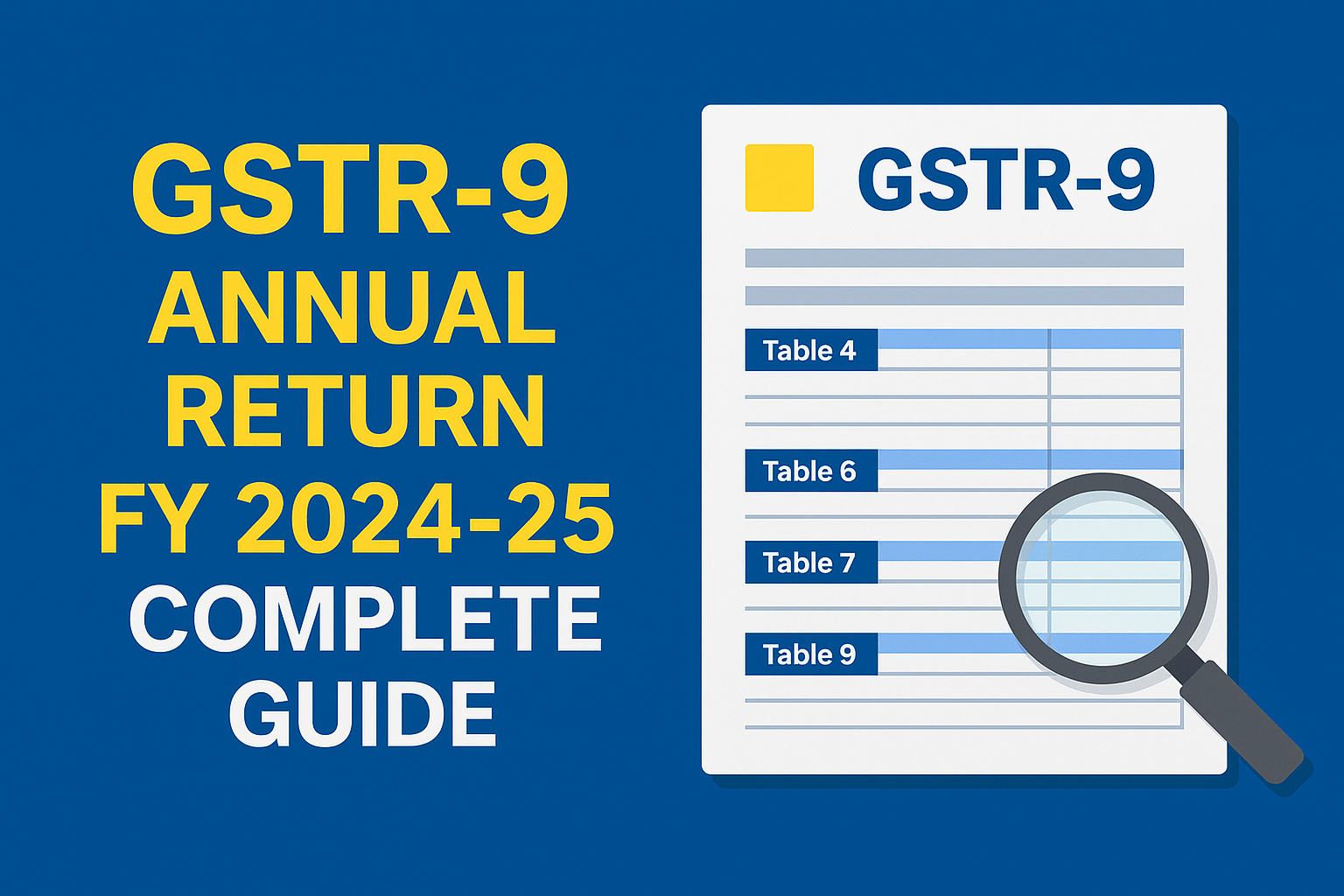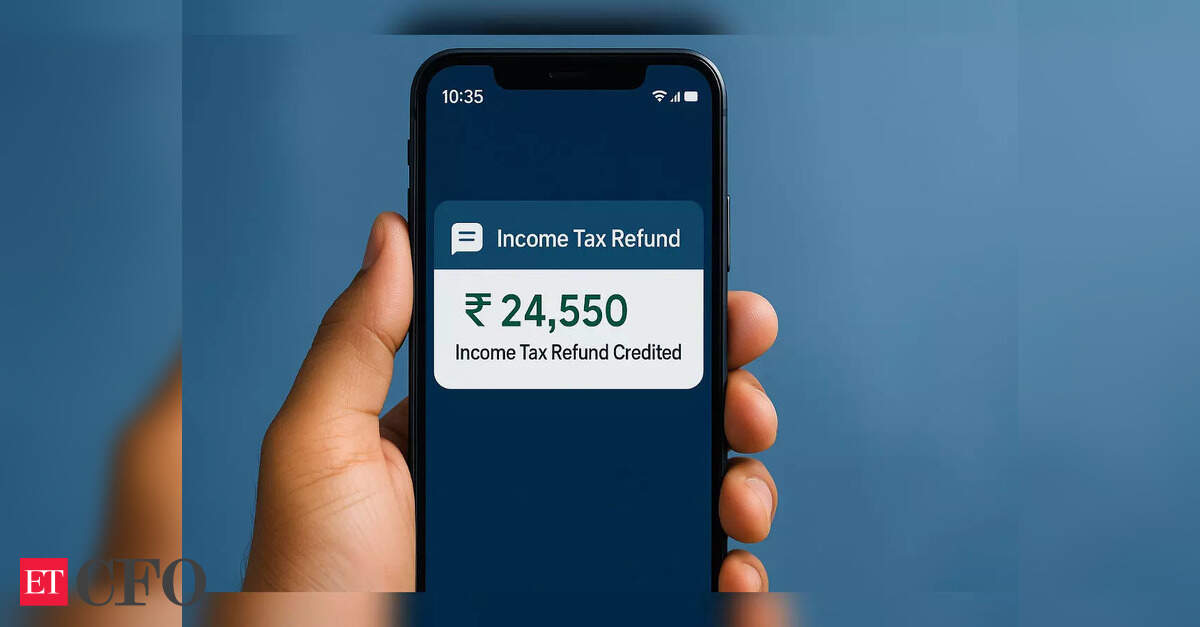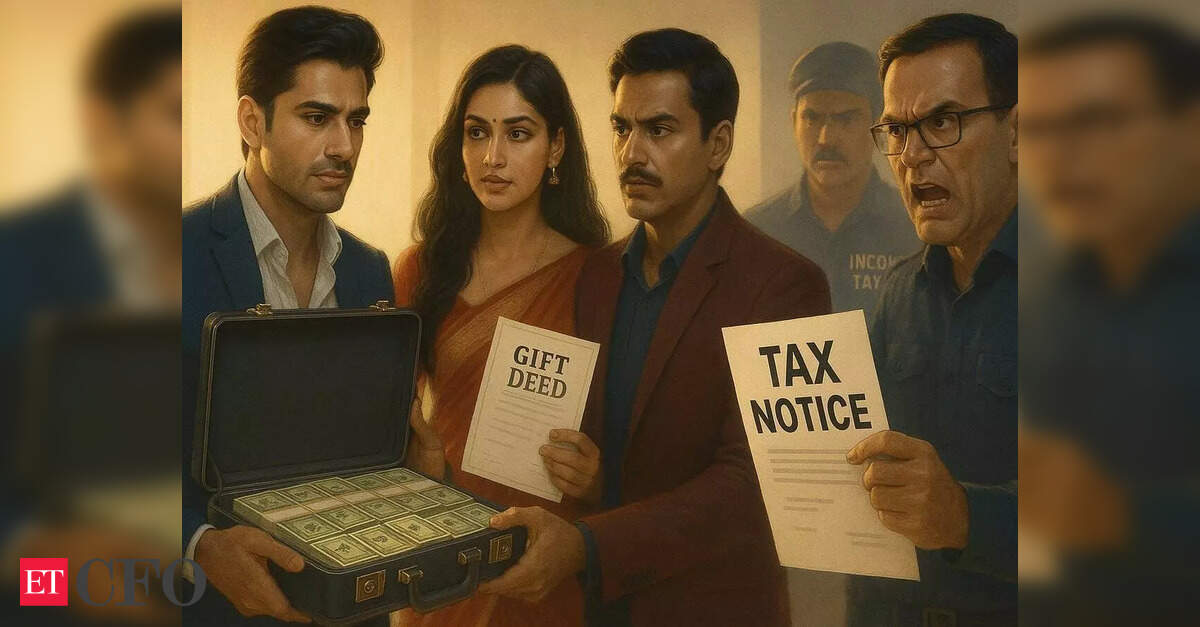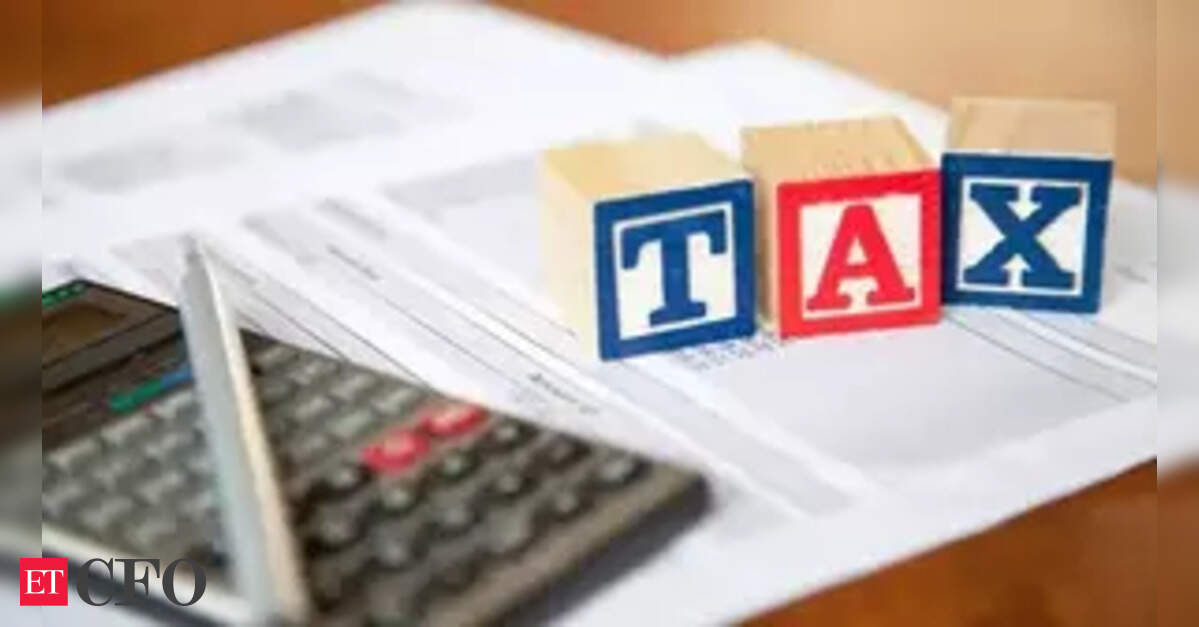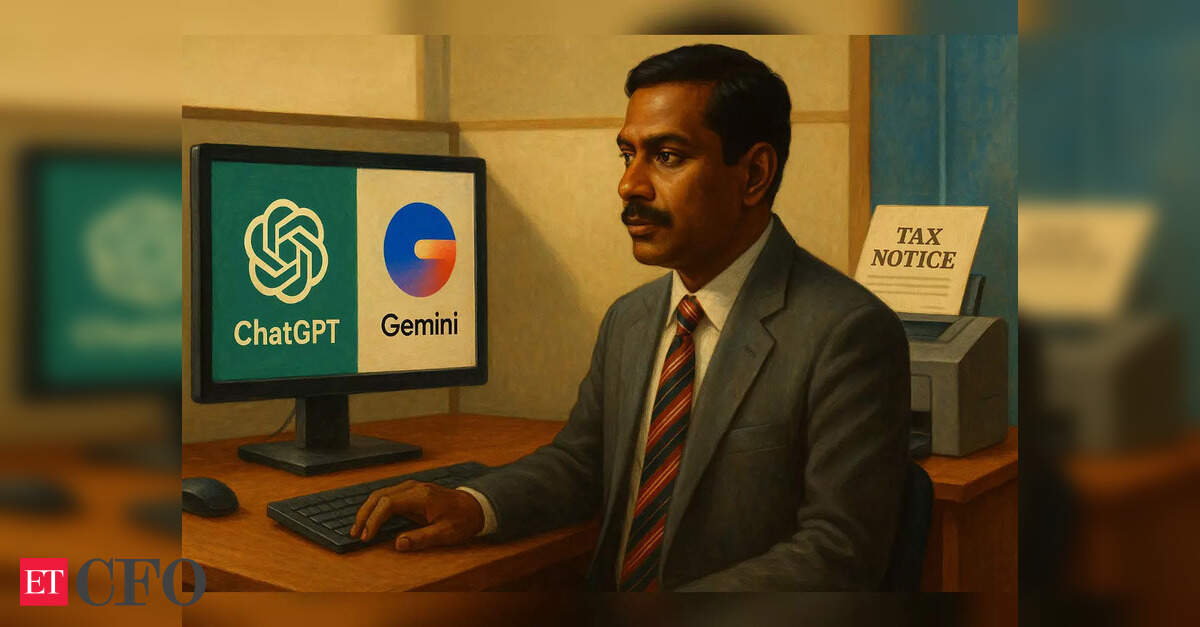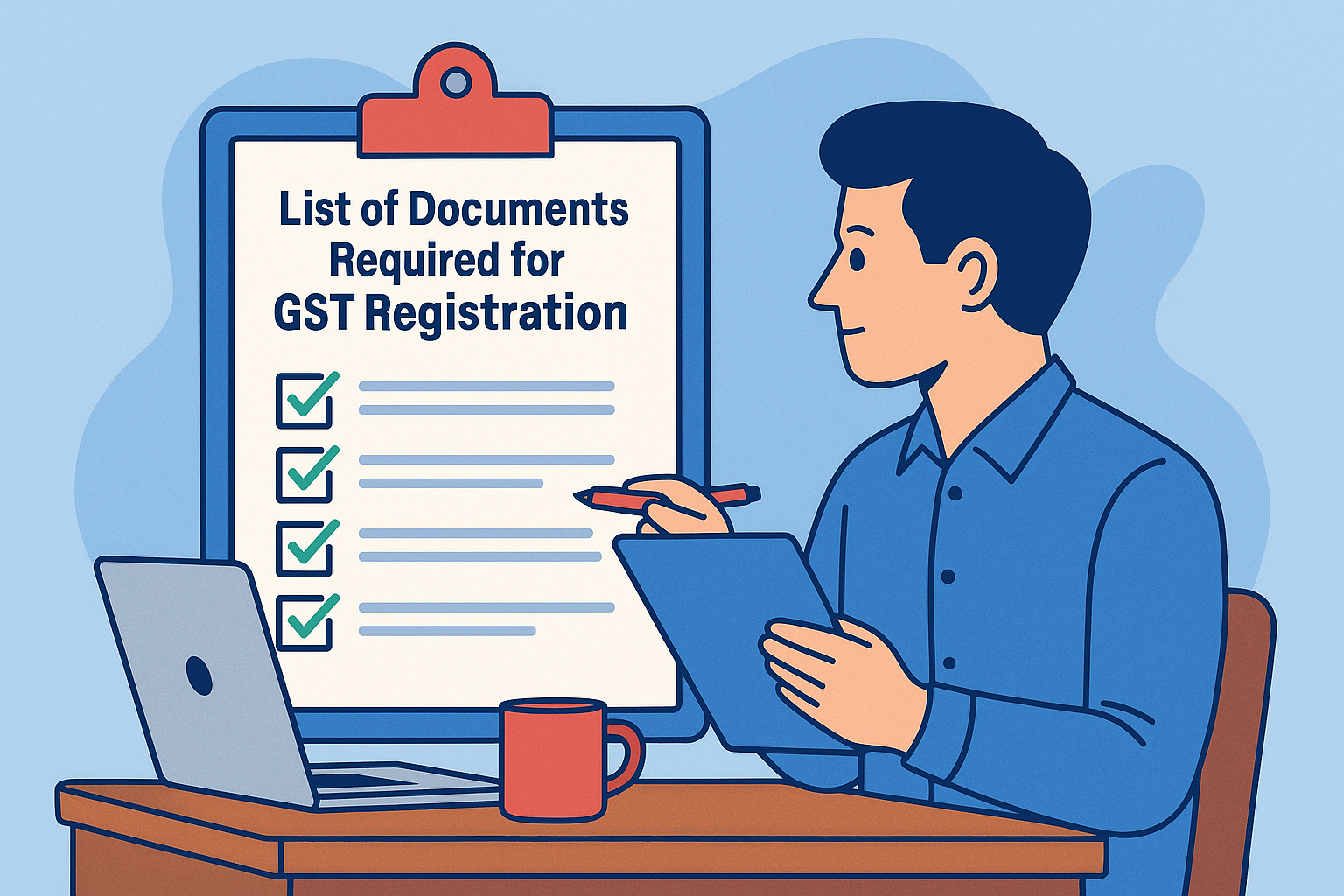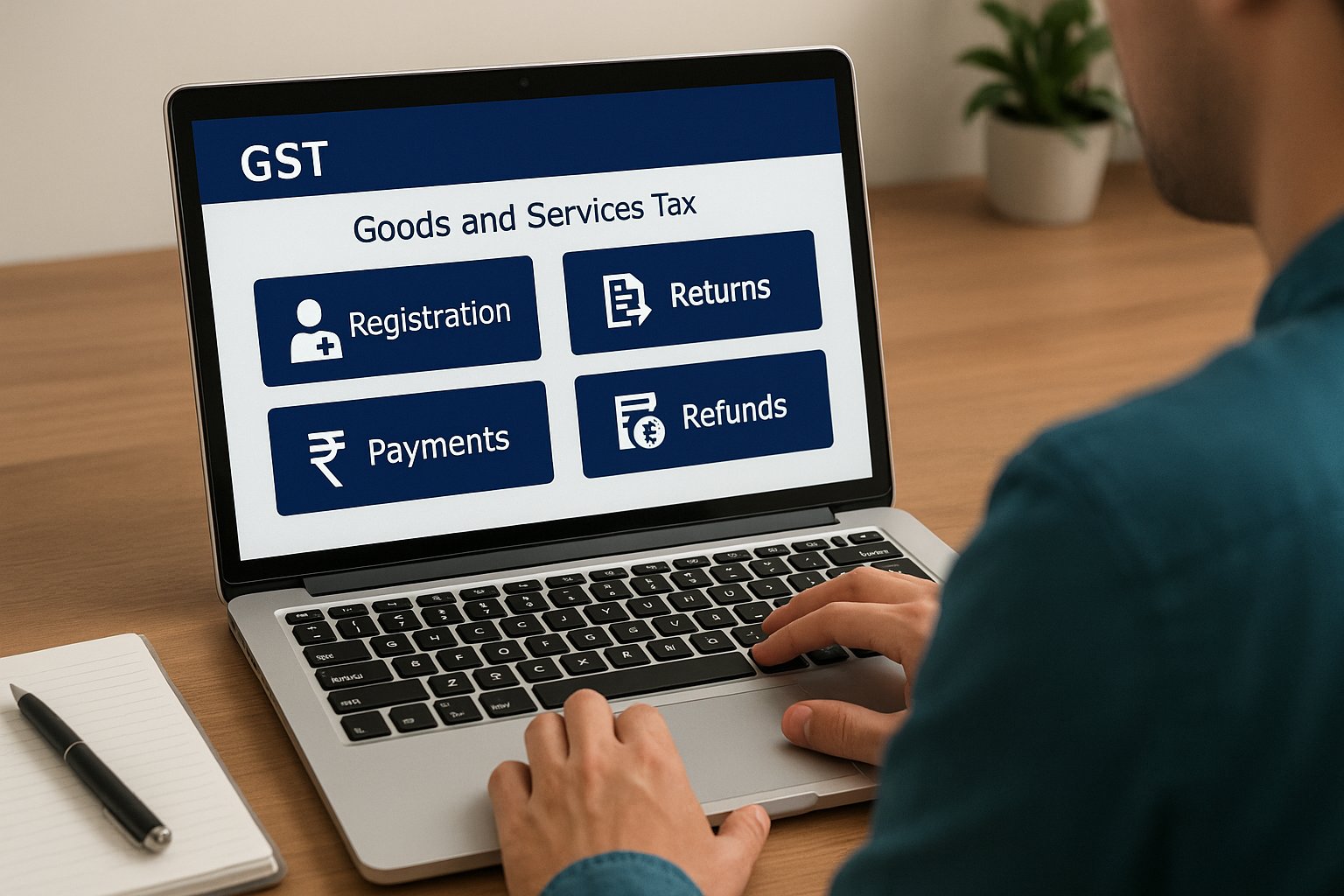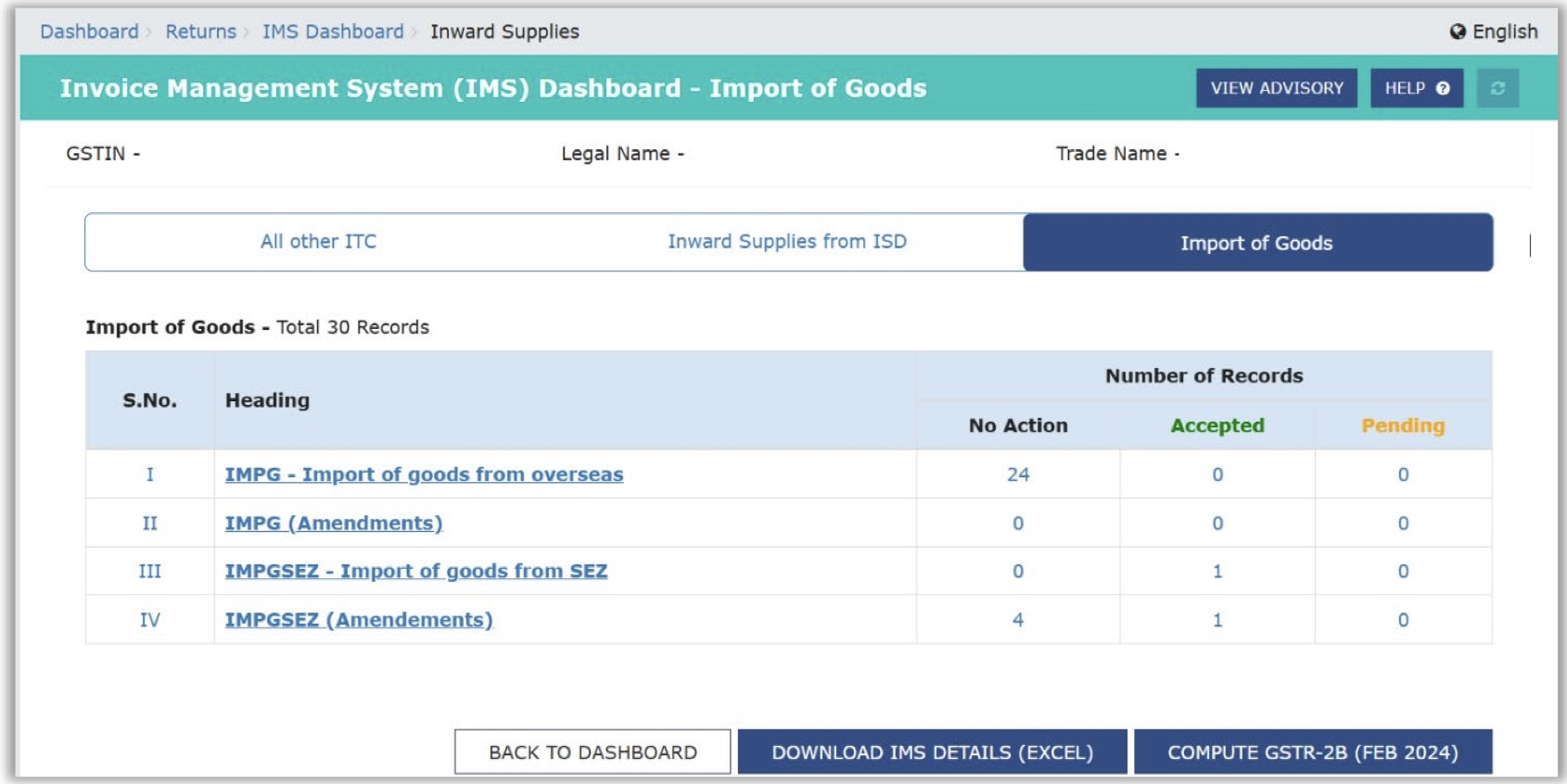On 12th September 2025, the Central Board of Indirect Taxes and Customs (CBIC) issued Circular No. 251/08/2025-GST to address long-standing doubts on the GST treatment of secondary or post-sale discounts. The clarification aims to bring uniformity in practice across taxpayers, dealers, and field formations.
Click here to Download Circular
🔑 Key Issues Addressed in the Circular
1. Input Tax Credit (ITC) & Financial/Commercial Credit Notes
- Many suppliers issue financial or commercial credit notes after sales, reducing the amount payable by the buyer.
- Earlier, there was confusion if the recipient should reverse ITC in such cases.
- Clarification:
- Supplier issuing a financial/ commercial credit note cannot reduce their original tax liability.
- Since the tax charged originally remains unchanged, recipient is not required to reverse ITC.
- Example: If goods worth ₹1,00,000 + GST ₹18,000 were sold, and later supplier issues a ₹10,000 commercial credit note, the GST still applies on ₹1,00,000. Buyer keeps full ITC of ₹18,000.
2. Post-Sale Discounts & Consideration
- Question: If a manufacturer gives a discount to a dealer, can it be treated as “consideration” for the dealer’s sale to the end customer?
- Clarification:
- Normally, the manufacturer sells to the dealer, and the dealer sells to the customer — these are two independent principal-to-principal transactions.
- A discount given by the manufacturer simply reduces the dealer’s purchase price, helping competitive pricing. It is not an inducement and hence not “consideration”.
- Exception: If the manufacturer has a direct agreement with the end customer to sell at a discounted price, and instructs the dealer accordingly, then such a discount is treated as part of the consideration (since it influences the supply to the end consumer).
3. Post-Sale Discounts vs. Promotional Services
- Dealers sometimes undertake promotional activities after receiving discounts.
- Clarification:
- If these activities are incidental (e.g., boosting their own sales), the discount is simply a reduction in sale price, not payment for services.
- However, if there is a specific agreement where the dealer provides services like:
- Advertising campaigns
- Co-branding
- Special sales drives
- Customer support
- Exhibitions or events
- Customization/branding services
then these are independent supplies of service and GST will apply on the consideration received for such services.
📌 Practical Impact of This Circular
- For Dealers/Distributors
- Can continue to avail full ITC even when receiving post-sale discounts via financial/ commercial credit notes.
- No ITC reversal required unless linked with a formal agreement involving promotional services.
- For Manufacturers
- Discounts given for competitive pricing will not attract GST as “consideration”.
- But if discount is tied to a specific end-customer agreement or services rendered by dealer, GST may apply.
- For Auditors & Tax Professionals
- Important to check agreements carefully — whether a discount is just commercial in nature or tied to service obligations.
- This distinction affects GST liability significantly.
✅ Conclusion
The new Circular No. 251/08/2025-GST clears a long-pending ambiguity around post-sale discounts.
- Normal trade discounts = No GST impact, no ITC reversal.
- Service-linked discounts = Consideration, GST applicable.
This brings greater clarity and helps both suppliers and dealers avoid unnecessary disputes during audits.
Visit www.cagurujiclasses.com for practical courses
